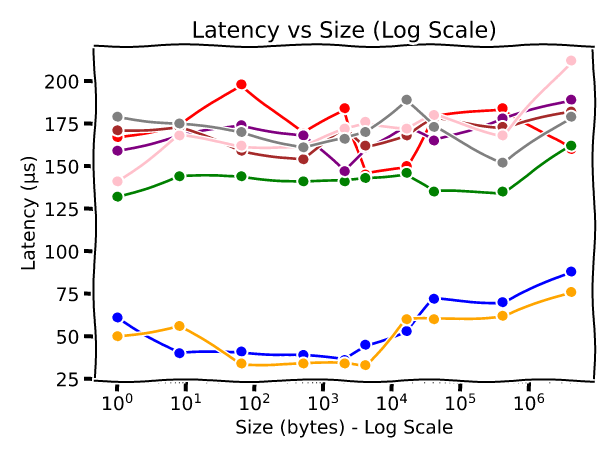3 releases
Uses new Rust 2024
| new 0.3.3 | May 5, 2025 |
|---|---|
| 0.3.2 | May 5, 2025 |
| 0.3.1 | May 3, 2025 |
#8 in #flows
48 downloads per month
Used in iridis
70KB
1.5K
SLoC
iridis
iridis is a framework that lets you define and build dataflow applications with ease.
It consists on 2 APIs:
iridis-api: the main API for implementing each node in the dataflow graph.iridis: theruntimeAPI that will load all the nodes and launch the application.
Additionally we provide 2 other APIs:
iridis-file-ext: the Plugin API for handling file extensions (it defines how the runtime should load a file with a specific extension).iridis-url-scheme: the Plugin API for handling URL schemes (it defines how the runtime should load an url with a specific URL scheme).
Each plugin can be loaded into the iridis runtime uppon initialization.
Usage
In a lib crate we can define a node:
use iridis_api::prelude::{thirdparty::*, *};
#[derive(Node)]
pub struct MySink {
pub input: Input<String>,
}
#[node(runtime = "default_runtime")]
impl Node for MySink {
async fn new(
mut inputs: Inputs,
_: Outputs,
_: Queries,
_: Queryables,
_: serde_yml::Value,
) -> Result<Self> {
Ok(Self {
input: inputs.with("in").await.wrap_err("Failed to create input")?,
})
}
async fn start(mut self: Box<Self>) -> Result<()> {
while let Ok((_, message)) = self.input.recv().await {
println!("Received message: {}", message);
}
Ok(())
}
}
Then we can create a layout and the flows that apply to the application:
use iridis::prelude::{thirdparty::*, *};
#[tokio::main]
async fn main() -> Result<()> {
let mut layout = DataflowLayout::new();
let (source, output) = layout
.node("source", async |builder: &mut NodeIOBuilder| {
builder.output("out")
})
.await;
let (operator, (op_in, op_out)) = layout
.node("operator", async |builder: &mut NodeIOBuilder| {
(builder.input("in"), builder.output("out"))
})
.await;
let (sink, input) = layout
.node("sink", async |builder: &mut NodeIOBuilder| {
builder.input("in")
})
.await;
let layout = layout.build();
let flows = Flows::new(layout.clone(), async move |builder: &mut FlowsBuilder| {
builder.connect(op_in, output, None)?;
builder.connect(input, op_out, None)?;
Ok(())
})
.await?;
Ok(())
}
And finally we can create a Runtime, load all our plugins, and for each node in the layout, we can load a node implementation:
let runtime = Runtime::new(
async |_file_ext: &mut FileExtManagerBuilder, _url_scheme: &mut UrlSchemeManagerBuilder| {
Ok(())
},
)
.await?;
runtime
.run(flows, async move |loader: &mut NodeLoader| {
loader
.load::<Timer>(source, serde_yml::from_str("frequency: 1.0")?)
.await?;
loader
.load::<Transport>(operator, serde_yml::from_str("")?)
.await?;
loader
.load::<Printer>(sink, serde_yml::from_str("")?)
.await?;
Ok(())
})
.await
}
In this example we load 3 nodes as statically linked libraries. But it's possible to load a node dynamically from an URL. The node must have been
compiled as a cdylib with the feature flag cdylib enabled.
loader.load_url(Url::parse("file:///path/to/timer.so")?, source, serde_yml::from_str("frequency: 1.0")?)
.await?;
See iridis-benchmark for a complete example of a project with multiple nodes, both statically linked and dynamically loaded.
Benchmark
See iridis-benchmark for a full description of the benchmark.

Dependencies
~11–21MB
~284K SLoC